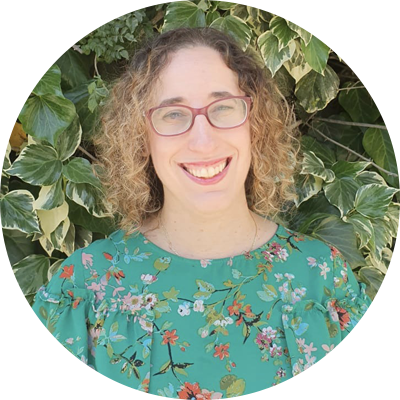
(Monkey Business Images / Shutterstock.com)
Though the human brain does most of its growing during childhood, it remains endlessly adaptable throughout a person’s life. This gives you a lifelong opportunity to grow.
People are able to learn no matter their age – whether it is a new language, a new skill, or a new hobby – and as they learn the brain creates new synapses and networks, essentially building up a cognitive reserve, according to the Mayo Clinic Press.
What is a Cognitive Reserve?
Cognitive reserves are your brain’s ability to change and adapt to age by using neural networks that already exist, or creating new networks when old ones fail. These reserves are important at any age, but even more so as people get older.
A study published in The Lancet Neurology, shows that people with deeper cognitive reserves have been able to hold off the symptoms of diseases such as dementia, Alzheimer’s and other cognitive diseases associated with aging.
In fact, according to a blog on Psychology Today, having a robust cognitive reserve could even stave off symptoms of Alzheimer’s in people with a genetic tendency towards the disease. The presence of a gene associated with Alzheimer’s was found to be nearly insignificant in people who had scored high on a reading test and high cognitive reserves.
What is in Your Cognitive Reserve?
But makes a cognitive reserve? According to mindbodygreen, your reserve usually starts in childhood, and accumulates over a life that is full of curiosity and learning. However, even if a person grew up in an environment that did not include learning, or spent their adult life at a boring job, they can still build up their cognitive reserve as they age.
As integrative neurologist Dr. Romie Mushtaq, MD, ABIHM, told mindbodygreen, “in simple terms, cognitive reserve is the brain's ability to improvise and find alternate ways of getting a job done.”
The Mayo Clinic recommends some very simple and ordinary things that may help such as using a computer, playing games, reading books, and doing things with your hands, like knitting or woodworking. These were all found to be useful in decreasing the chances of cognitive impairment. Traveling or learning a new language are also useful, as well as doing cultural activities such as going to the theater.
People often seek to broaden their minds as a way to improve themselves. However, as it turns out, living a life full of curiosity and learning is not only good for you intellectually, it is also literally good for your brain. Aging can be a difficult thing to confront and its inevitability can be paralyzing, but as it turns out, remaining nimble, both in body and in mind, is one of the best ways to age happily and healthfully.
YOU MIGHT ALSO LIKE:
7 Smartest Brain Foods
7 Ways to Use Neurobics to Exercise Your Brain
7 Ways to Keep Your Brain Healthy After You Retire







